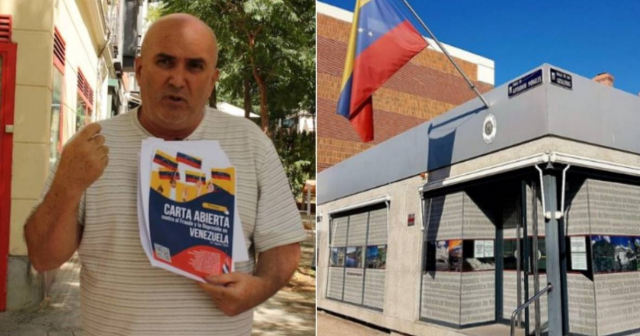The foreign ministers of the European Union (EU) agreed on Thursday not to recognize Nicolás Maduro's electoral victory in Venezuela, where the presidential elections held on July 28 exhibited irregularities and there are strong allegations of fraud.
Although the chancellors did not reach a consensus to recognize the opposition's victory, they did agree that they have no evidence to believe that Maduro won the elections.
"The Council decided that Maduro does not have democratic legitimacy as president. He will continue to be de facto president, yes, de facto," emphasized the high representative for Foreign Affairs of the European Union, Josep Borrell.
"As there are no records and there is no verification, and we fear that there will never be, we cannot accept the legitimacy of Maduro as an elected president," he stated.
"We deny the democratic legitimacy based on an unverified result," he stated.
During the informal Foreign Affairs Council of the EU, held in Brussels, Venezuelan opposition leader Edmundo González intervened virtually and presented a report on the situation in the South American country. He also thanked the Twenty-Seven for the invitation to discuss the Venezuelan crisis.
Spain, which has played an active role in the discussions, has worked hard to maintain unity within the European bloc.
According to the same sources, that objective "has been achieved," and it has been decided to focus on "intensifying dialogue with regional actors, especially with Brazil and Colombia – who until now also do not recognize Maduro as the elected president – and to do everything possible to preserve the physical integrity and civil and political rights of opposition members."
During the discussions, prompted at Spain's request, the foreign ministers of the Twenty-Seven also explored the possibility of imposing additional sanctions on Venezuela.
However, no agreement was reached on this matter, despite the "grave concern over the deterioration of the political climate and the lack of democratic transparency" in the country, EFE reported.
What do you think?
COMMENTFiled under:
